Zamknij arrow_back
- Nowości
-
Mapy i publikacje
add remove Mapy papierowe add removePublikacje papierowe add remove
-
Nawigacja
add remove Zegary add removeBarometry add removeTermometry , Higrometry, Barografy add removeAreometry (Densymetry) add remove
-
Sygnalizacja
add remove Lampy Nawigacyjne, Szperacze add removeŻarówki add removeLatarki add removeZnaki dzienne add remove
-
Środki ratunkowe
add remove Kamizelki add removeTratwy add removeKombinezony ratunkowe add removePirotechnika morska add removeKoła, Pławki, Tyczki add removeUprzęże, Linki, Taśmy Bezpieczeństwa add removeReflektory radarowe add removeBosaki, Wiosła add remove
-
Elektronika morska
add remove Radiotelefony add removeOdbiorniki Pogody add removePLB / AIS MOB, OLAS add removeRadiopławy, Transpondery add removeWiatromierze add removeAkcesoria add remove
-
Sprzęt pożarowy
add remove Akcesoria add remove
-
Wyposażenie pokładowe
add remove Drabinki Pilotowe, Ewakuacyjne add remove
- Nowości
-
Mapy i publikacje
add remove Mapy papierowe add removePublikacje papierowe add remove
- Nawigacja add remove
- Sygnalizacja add remove
- Środki ratunkowe add remove
- Elektronika morska add remove
- Sprzęt pożarowy add remove
-
Wyposażenie pokładowe
add remove
International Convention for Safe Containers, 1972 (CSC 1972), 2014 Edycja
The International Convention for Safe Containers, 1972 (CSC 1972) has two goals:
- - to maintain a high level of safety of human life in the transport and handling of containers by providing acceptable test procedures and related strength requirements; and
- - to provide uniform international safety regulations, equally applicable to all modes of surface transport, thereby avoiding the proliferation of divergent national regulations.
The amendments to CSC 1972 adopted by resolution MSC.355(92) entered into force on 1 July 2014 and include:
- - new definitions at the beginning of annexes I and II, along with consequential amendments to ensure uniform usage of terminology throughout CSC 1972;
- - amendments to align all physical dimensions and units to the SI system;
- - the introduction of a transitional period for marking containers with restricted stacking capacity, as required under the relevant standard; and
- - the inclusion in annex III of the list of deficiencies which do not require an immediate out-of-service decision by the control officer but do require additional safety measures to enable safe ongoing transport.
Podobne z kategorii
Availability: Out of stock
This Guide has been developed to consolidate existing IMO maritime
security-related material into an easily read companion guide to SOLAS
chapter XI-2 and the ISPS Code in order to assist States in promoting
maritime security through development in the requisite legal framework,
associated administrative practices, procedures and technical and human
resources.
It is intended both to assist SOLAS Contracting Governments in the
implementation, verification, compliance with, and enforcement of, the
provisions of SOLAS chapter XI-2 and the ISPS Code. It should also serve
as an aid and reference for those engaged in delivering capacity-
building activities in the field of maritime security.
This second edition of the Guide incorporates guidance approved by the
Maritime Safety Committee on the development of maritime security
legislation as well as maritime cyber risk management, and includes
updated sources for further information to support the implementation of
the ISPS Code.
Availability: 1 In Stock
This publication presents engineering specifications for fire safety equipment and systems required by SOLAS chapter II-2 concerning:
- international shore connections
- personnel protection
- fire extinguishers
- fixed gas fire-extinguishing systems
- fixed foam fire-extinguishing systems
- fixed pressure water-spraying and water-mist fire-extinguishing systems
- automatic sprinkler, fire detection and fire alarm systems
- fixed fire detection and fire alarm systems
- sample extraction smoke detection systems
- low-location lighting systems
- fixed emergency fire pumps
- arrangement of means of escape
- fixed deck foam systems
- inert gas systems
- fixed hydrocarbon gas detection systems.
Availability: 1 In Stock
SafetyNET is an international automatic direct-printing satellite-based
service for the promulgation of maritime safety information including
navigational warnings and meteorological information and other urgent
safety-related messages to ships, as well as search and rescue-related
information, and fulfils an integral role in the Global Maritime
Distress and Safety System (GMDSS).
This edition of the Manual, renamed the *International SafetyNET
Services Manual*, incorporates changes introduced to the Inmarsat
satellite network and services including the Inmarsat Fleet Safety
service, which has been recognized as a mobile satellite service for use
in the GMDSS by adoption of resolution MSC.450(99).





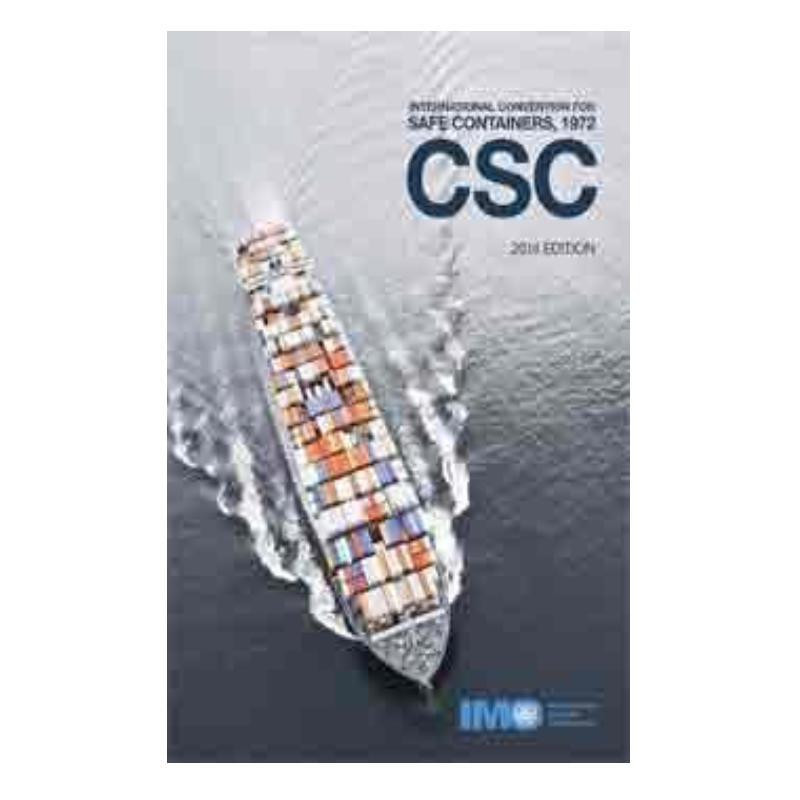

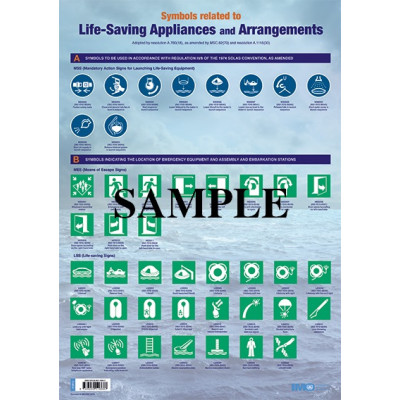
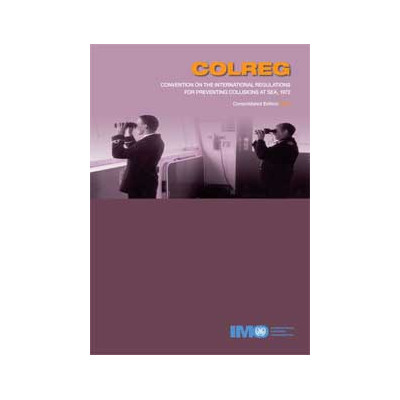
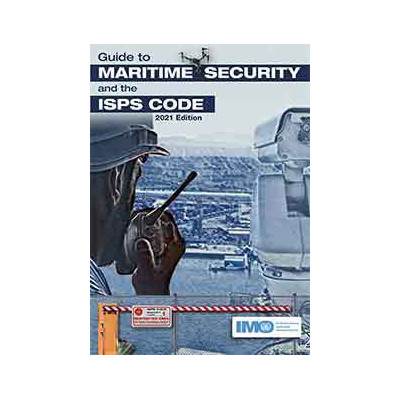
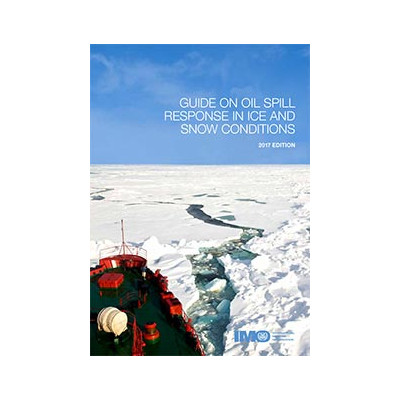
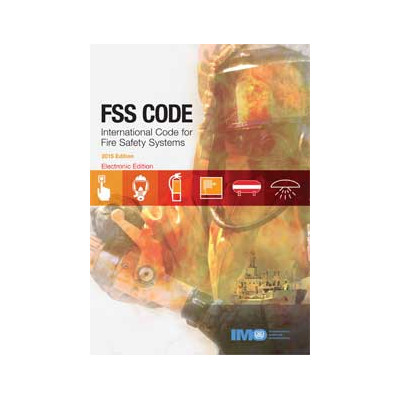
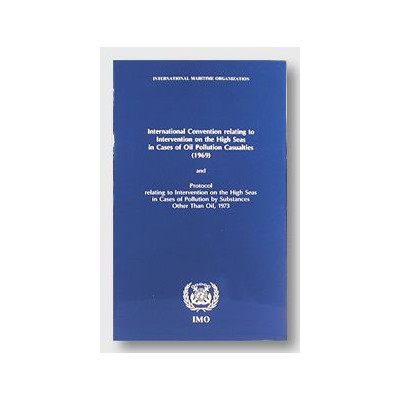
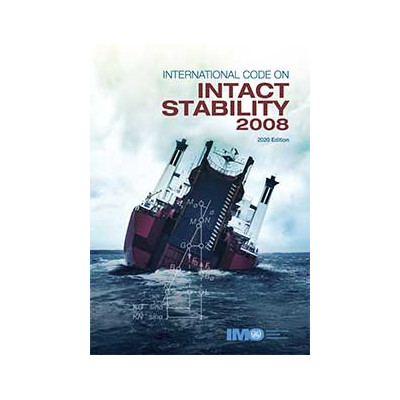
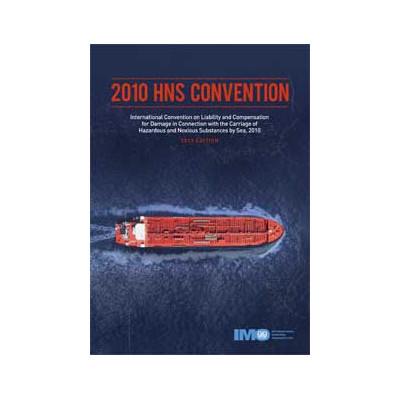
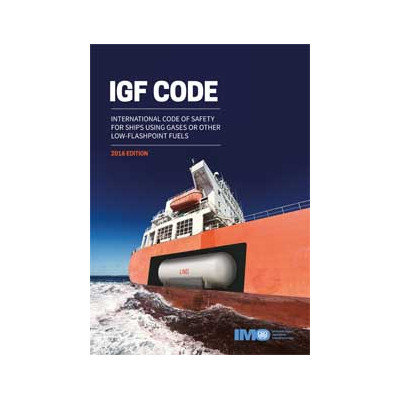
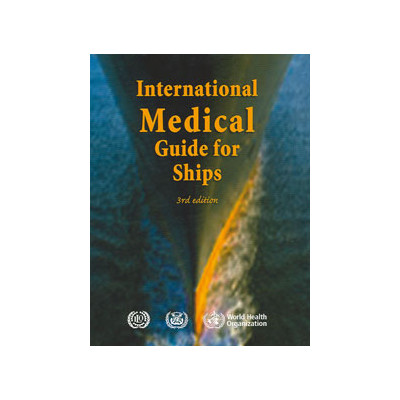
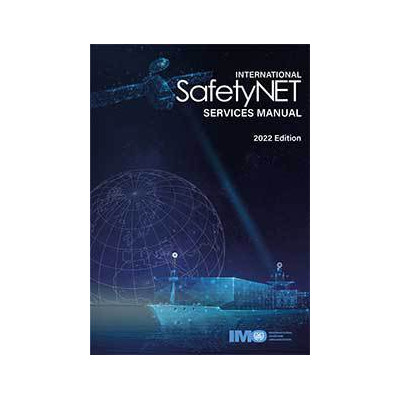
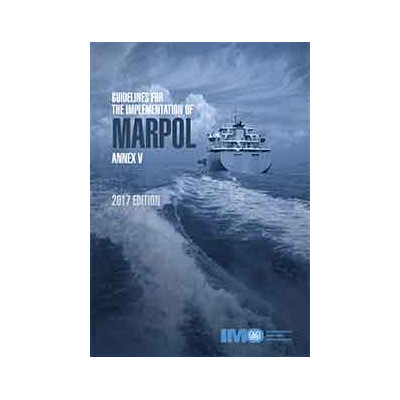
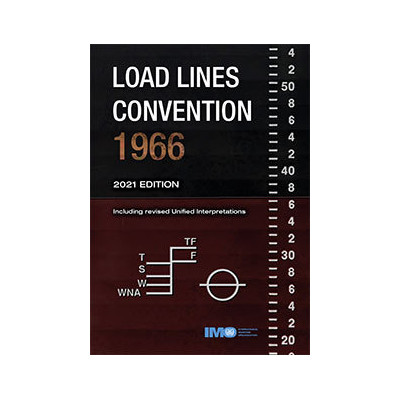
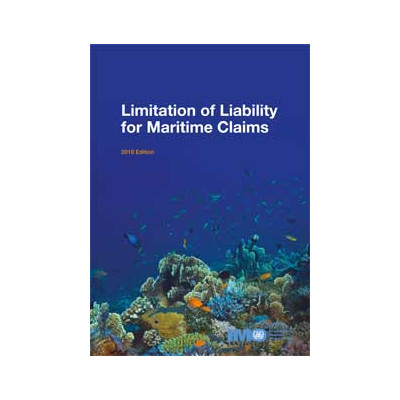
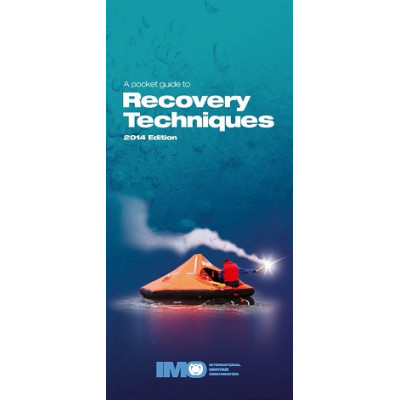
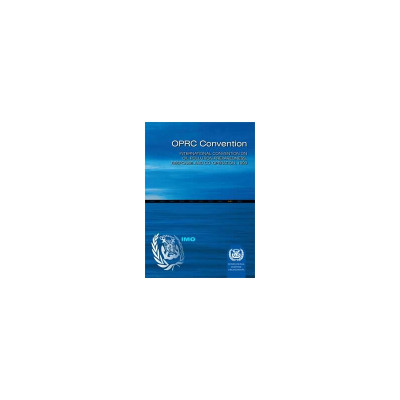
 Cookies
Cookies